Year Two Update on the Library’s Strategic Plan
As we wrap up the second year of the library’s five-year strategic plan (2022-27), we are excited to share our progress to date in implementing the priorities identified in our plan, and some of the next steps we’ll be focusing on in the year ahead.
Across all areas, we are working to activate diversity, equity and inclusion in our operations and culture, both as a hub of campus academic life and as a workplace.
Priority 1 • Buildings & Online
Priority 1 of our strategic plan focuses on making our library buildings and online environment welcoming to all members of UC Davis’ increasingly diverse campus community. Based on library user feedback gathered in 2022-23:
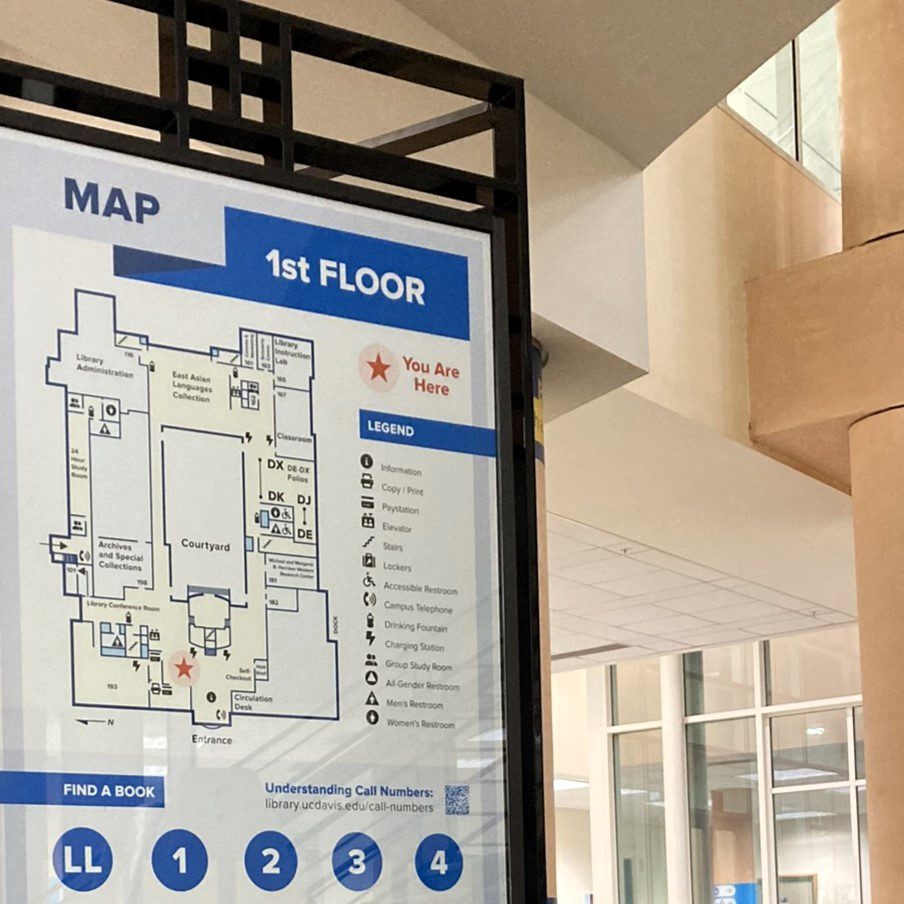
We installed a revised building map in the lobby, added study zones to our lobby and online maps, and are working on improving signage building-wide to make it easier for students and other users to find what they are looking for in Shields Library. We are also evaluating potential options for digital wayfinding tools. (Goals 1.1 and 1.3)
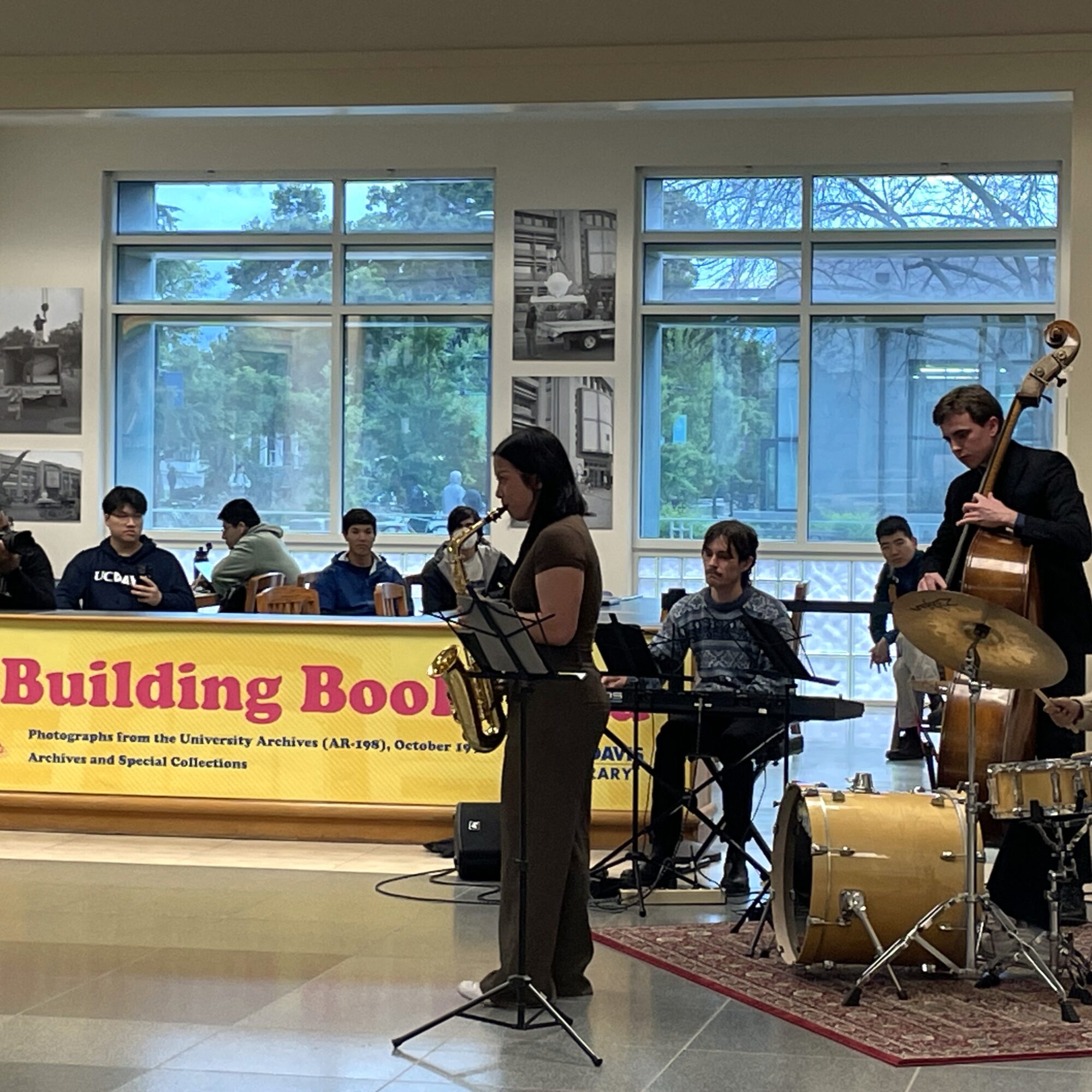
In line with our goal to make the library an inspiring space where everyone can find something meaningful, we experimented with new models for arts programming, including mini-concerts and campus-themed pop-up exhibits. (Goal 1.1)
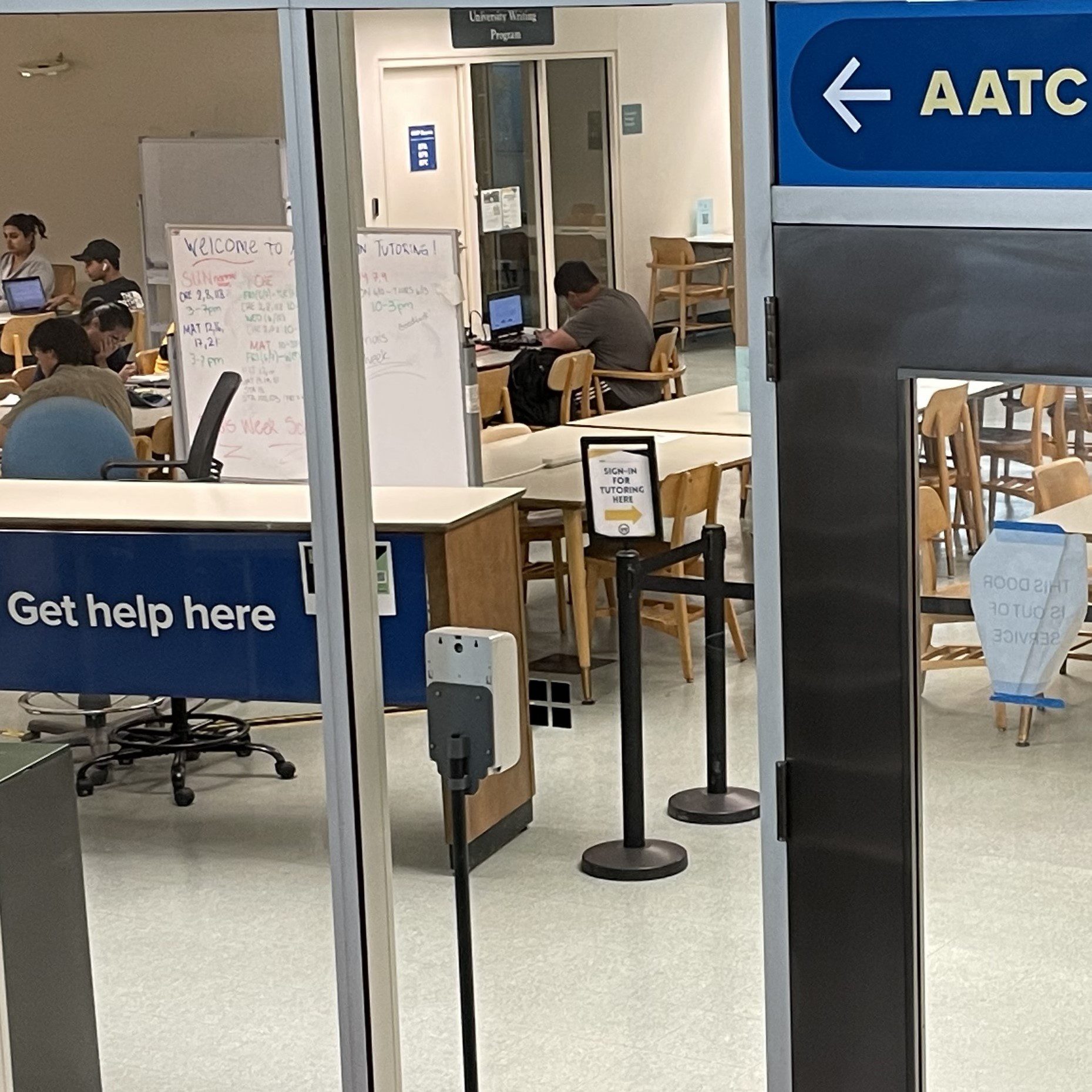
Over the coming year, we’ll be making further improvements to the Shields Library lobby and the lower level, where students can take advantage of drop-in tutoring offered by the UC Davis Academic Assistance and Tutoring Centers. (Goal 1.1)

Online, we now highlight DEI-related library resources on the homepage of our website. This also advances Priority 2 (education) by supporting discovery of the library’s DEI materials and services as a resource for research and lifelong learning. (Goals 1.2 and 2.3)
Priority 2 • Education & Academic Success
Priority 2 focuses on ways the library can support undergraduate and graduate student academic success, lifelong learning, culturally diverse programming, and other aspects of the university’s educational mission.
We offered curated Heritage Month book recommendations with students from the Center for African Diaspora Student Success (CADSS) and the Strategic Asian and Pacific Islander Retention Initiative (SAandPIRI).
The recommendations were posted on the library blog, filmed and shared as a series of Instagram reels that garnered a total of over 128,000 views. (Goal 2.3)
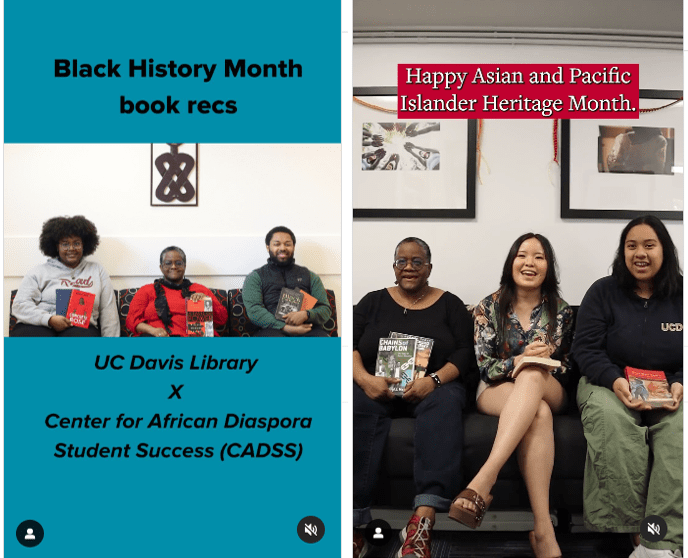
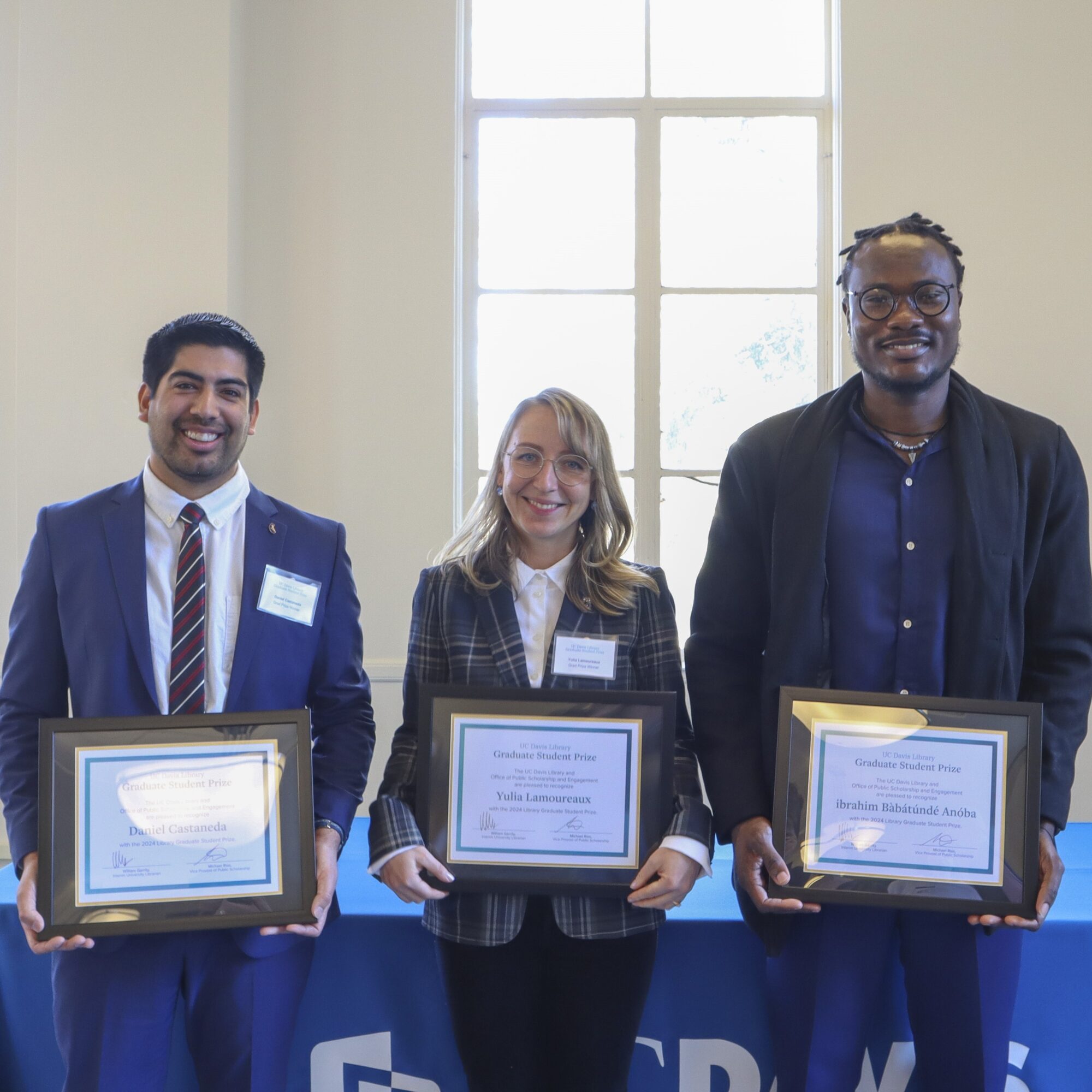
The Library Graduate Student Prize celebrated its first cohort of winners — graduate students who used the library to create outstanding, publicly engaged scholarship. Congratulations to this year’s winners: Yulia Lamoureaux, Daniel Castaneda, and ibrahim Bàbátúndé Anọ́ba. The library will offer the prize again in Fall 2024. (Goal 2.3)
In addition to hosting more arts programming and DEI-related exhibits, we implemented new calendar software on our website to track library events and exhibits and promote them to the campus and surrounding community. (Goal 2.3)
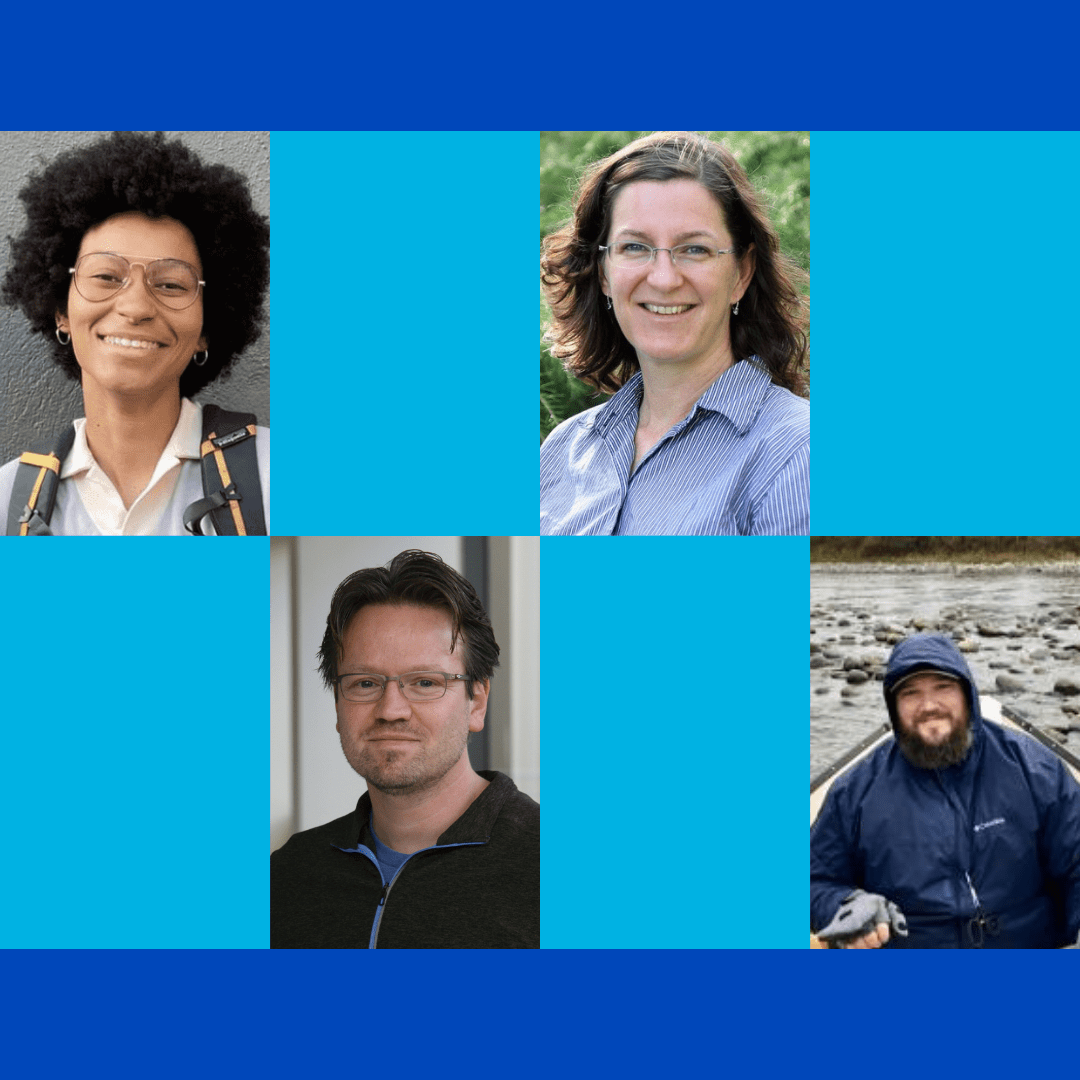
The AggieOpen Fellows 2024-25 cohort was selected. The Fellows program provides funding and consultative support to help instructors adopt or adapt open educational resources (OER) for use in their courses to lower the cost of course materials for students. The FY23-24 AggieOpen Fellows cohort reached 3,120 students, resulting in a substantial savings of $75,000 on course materials. (Goal 2.6)
Priority 3 • Research & Data
Priority 3 focuses on the library’s role in advancing research, collaboration, data sharing, and equitable access to knowledge.
The library hosted two new workshops to engage with historically marginalized graduate student communities and support their research success. The first, in collaboration with colleagues from the University Writing Program, informed more than 40 graduate students from across disciplines about Generative Artificial Intelligence for Research.
The second, Building and Telling Your Story, aimed to increase a sense of belonging for marginalized graduate student communities at UC Davis and represented a successful partnership between the library, Graduate Studies, the Professors for the Future program, and the Aggie Resilience Project. (Goal 3.1)
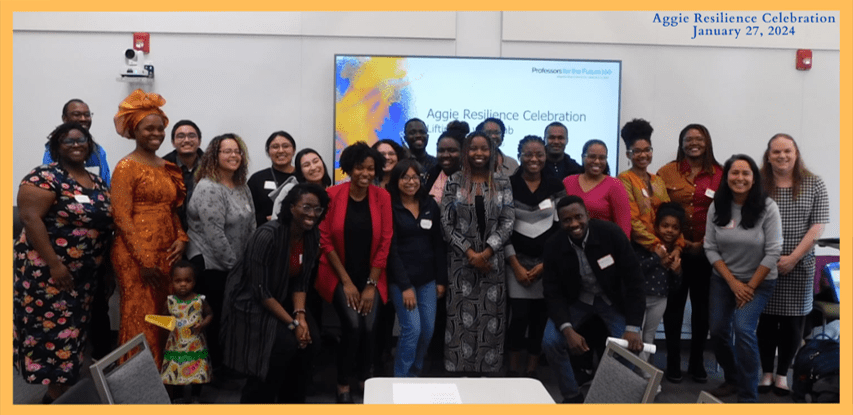
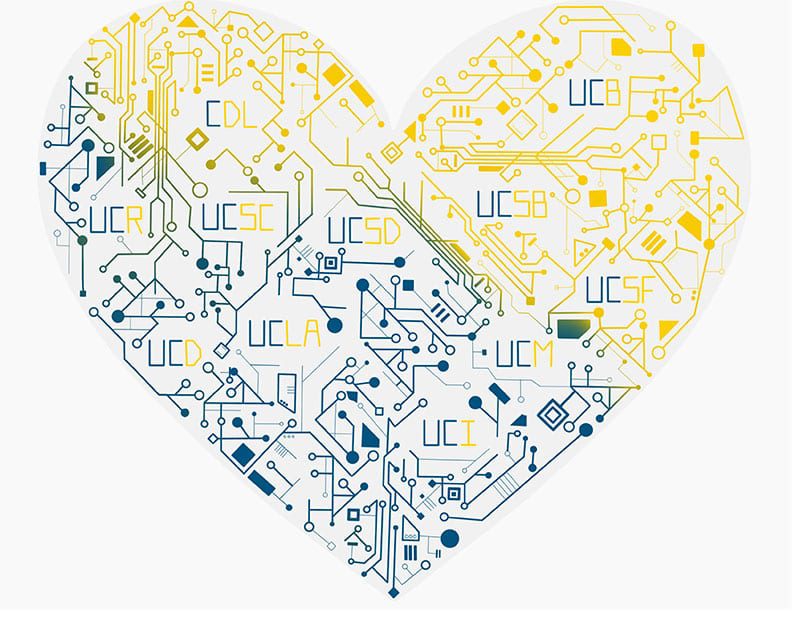
The library and DataLab hosted research data discovery, wrangling, and analysis workshops during the annual UC Love Data Week, which reached over 2,500 members of the UC community. (Goals 3.1 and 3.2)
To broaden access to computational research expertise, DataLab coordinated weekly collaborative data science office hours via Zoom which, combined with DataLab’s ongoing in-person office hours, supported over 300 research consultations this academic year. The collaborative office hours were made possible by engagement from experts in the library, the Clinical and Translational Science Center’s biostatistics program, Stat Lab, and HPC Core. Both DataLab’s in-person and Zoom data science office hours will continue into the 2024-2025 academic year. (Goals 3.1 and 3.2)
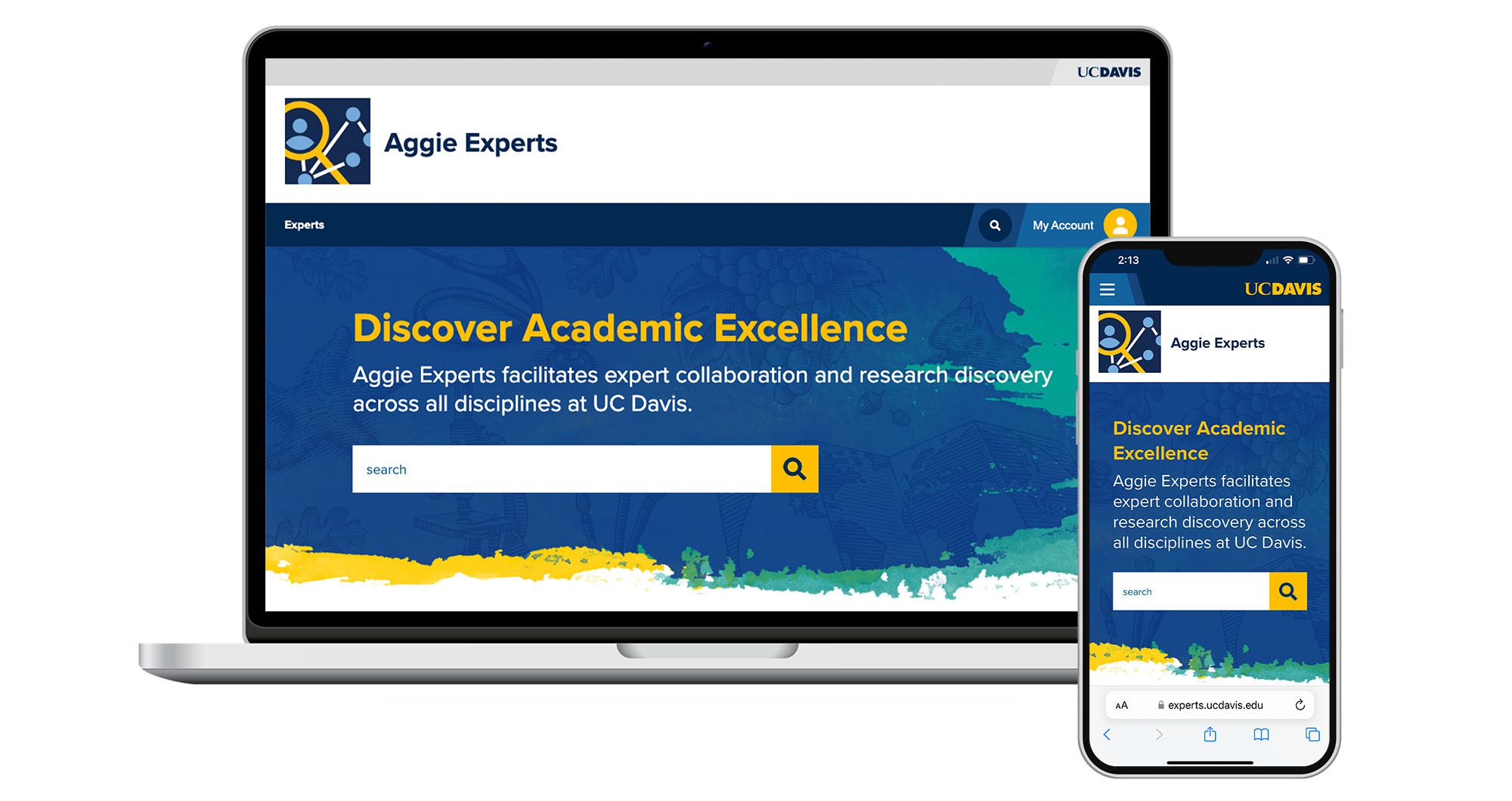
Aggie Experts, an online platform to facilitate discovery of UC Davis researchers, expanded from its initial pilot to a campuswide pre-release in May 2024. The platform brings together multiple sources of information on faculty publications and grants to highlight the breadth, depth and diversity of scholarship across UC Davis.
All Academic Senate faculty are now included, and the Academic Federation will be added this summer. Currently CAS authentication is required to access Aggie Experts. To facilitate research collaboration and community engagement, the platform will be made public in fall 2024. (Goal 3.2)

DataLab expanded its Reproducible and Collaborative Research curriculum, teaching weekly workshops for graduate students and faculty including a new series on Remote and High Performance Computing in collaboration with the campus HPC Core. Responsible data science and data ethics modules were also implemented in DataLab’s two-quarter undergraduate experiential education courses (STS 115/195) in partnership with the Center for Community and Citizen Science and Feminist Research Institute. (Goals 3.1, 3.2 and 3.3)

The library published a comprehensive Research Data Management Guide on how researchers can comply with funder and publisher research data management requirements. Researchers can also contact the library at dataservices@ucdavis.edu for additional guidance. (Goal 3.3)
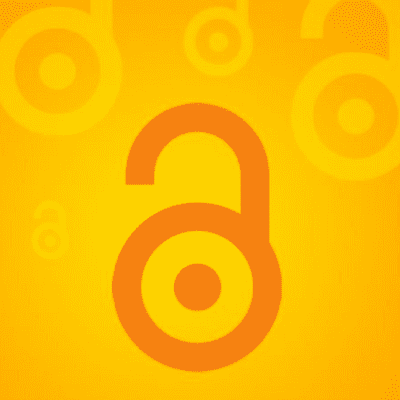
The library’s Scholarly Communications Program gave more than 20 presentations on open access support from the UC system and UC Davis Library to academic departments and chairs across UC Davis and UC Davis Health. Contact Michael Ladisch to request a meeting or presentation for your researchers. (Goal 3.5)
Priority 4 • Collections
Priority 4 works to ensure that our collections reflect diverse populations and adapt to meet clinical care, research and educational needs.

As a pilot effort to address systemic inequities in our collections, we recruited a library school intern to begin to identify and contact composers and lyricists whose works have not been published by traditional music publishers. As we acquire new materials through this project, the compositions will become searchable in our library catalog and discoverable through our library guide for Music. (Goal 4.1)

To gather input from affinity groups on how to build our collections, the library will launch a pilot project in fall 2024 with a cohort of 5-10 recently hired faculty members whose research depends on books. We will work with them to explore what collection areas, if any, to strengthen or refresh to meet their research needs (and potentially their pedagogical needs), pledging to spend up to $15,000 per faculty member over a three-year period. (Goal 4.1)

The library is developing a multi-year plan to invest donor funds in getting strategic archival collections processed and/or digitized in order to improve access to these unique and important collections. (Goals 4.1 and 4.2)
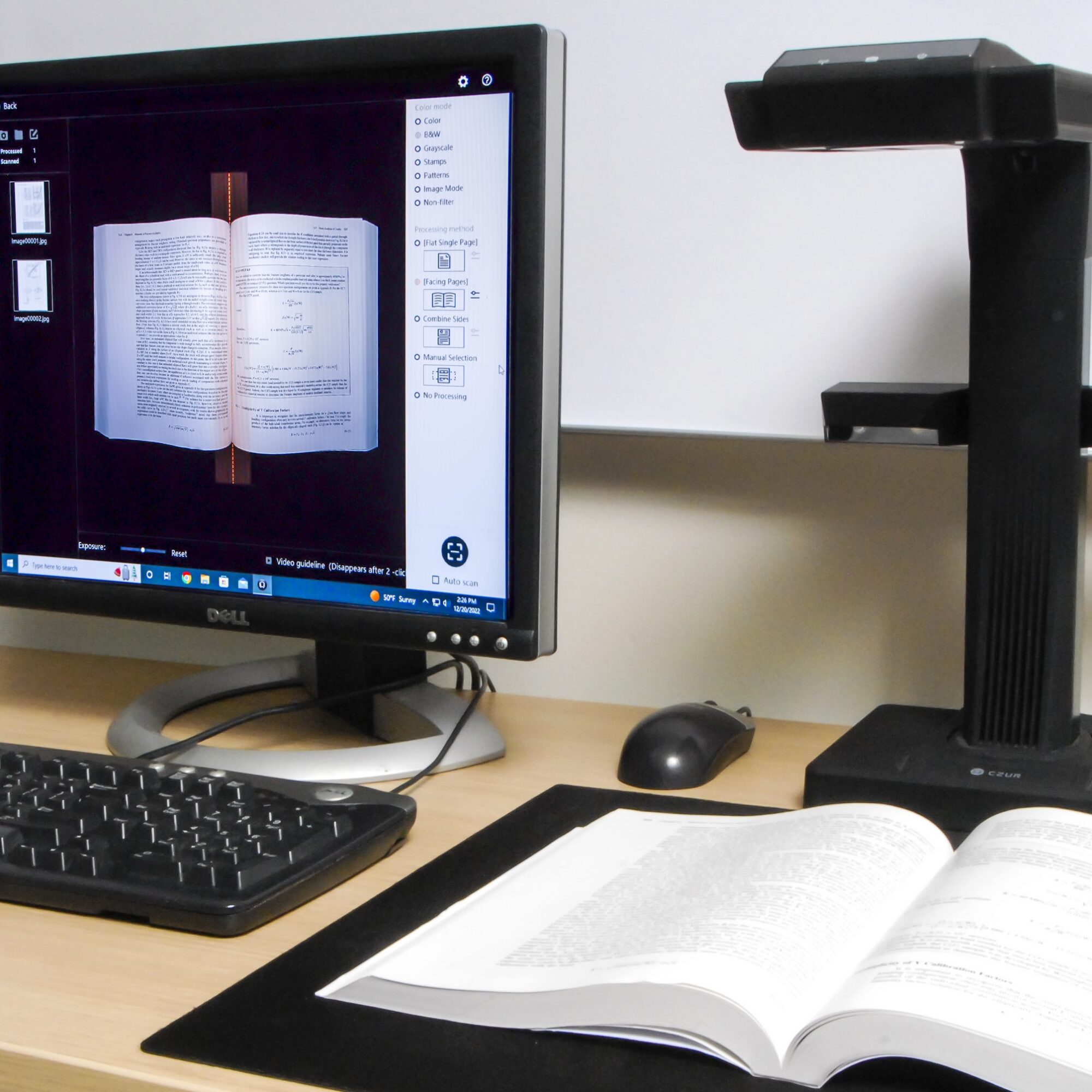
UC Davis is leading Project LEND, a UC-wide effort to advance lawful access to digitized books and related materials. (Goal 4.2)
Priority 5 • Organizational Culture
Priority 5 is dedicated to strengthening the library’s organizational culture as an inclusive, equitable and supportive workplace.
We formed a New Employee Welcome Task Force to review our hiring and onboarding practices to identify and implement potential improvements on how we welcome new employees to the library. The task force’s recommendations will be reviewed in October 2024. (Goals 5.1 and 5.3)

The library’s Human Resources team has designated a Wellness Ambassador to share monthly newsletters, tips, and events and training opportunities related to wellness. (Goal 5.1)
Library HR also worked with Disability Management Services and the Office of DEI to provide library employees with an overview of best practices and workshops, including Working with Mentally Disabled Employees and Understanding their Limitations, Implementing Health Accommodations, Making the Unconscious Conscious: Understanding and Mitigating Bias, and Working with Diverse Student Populations. (Goal 5.2)
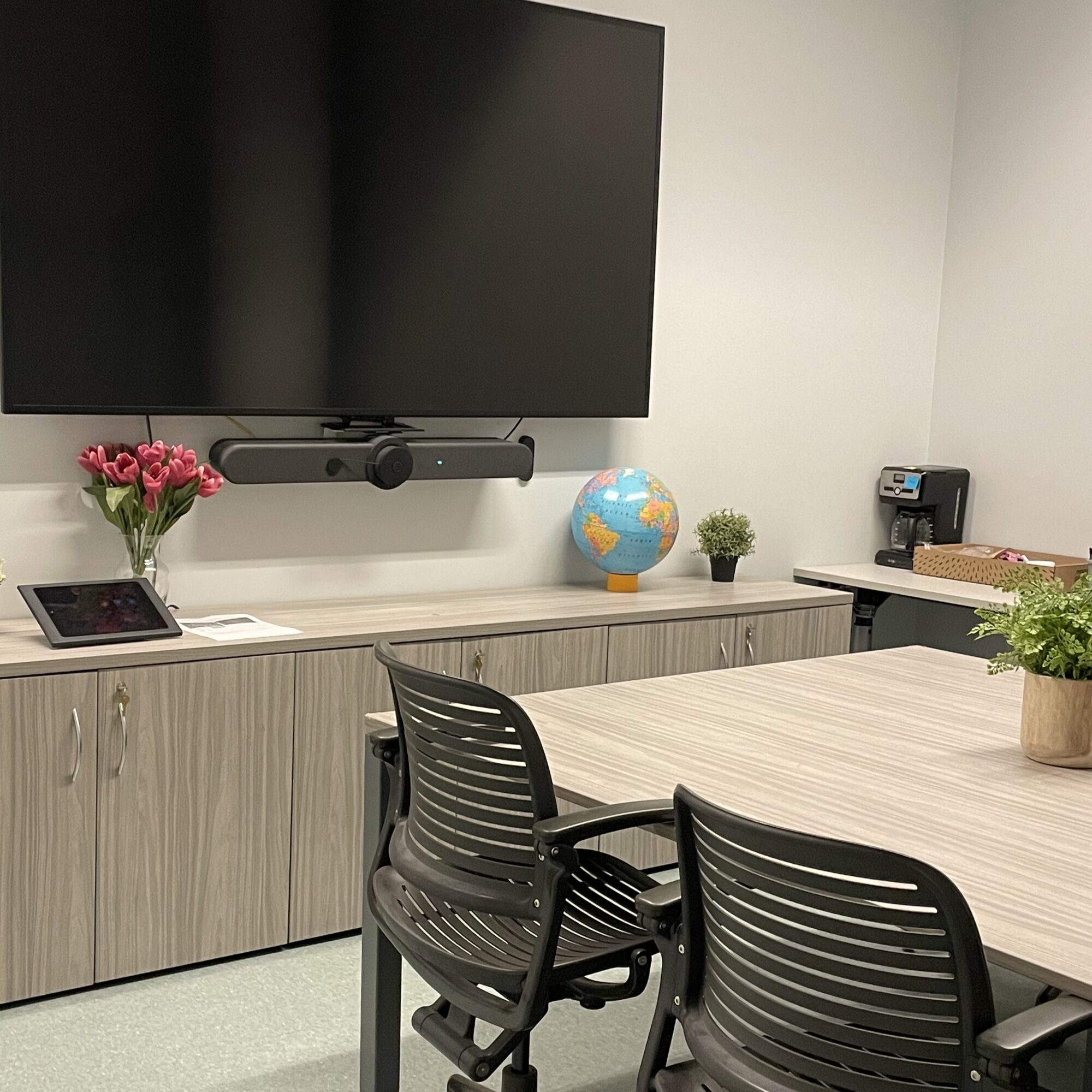
In the coming year, we will explore opportunities to make employee work spaces more welcoming and comfortable. (Goal 5.1)
The position description is being finalized for a library Director of Organizational Excellence and Diversity, Equity and Inclusion. This new member of the library’s leadership team will be responsible for overseeing organizational effectiveness, particularly related to DEI. This recruitment will open soon. (Goal 5.4)
Comments or questions?
The library remains deeply committed to the principles and priorities in our strategic plan, and in the spirit of the inclusive process through which it was developed, we continue to welcome feedback and ideas from all library users, campus partners, and employees.
If you have an idea to share, please email us at library@ucdavis.edu with “Strategic Plan” in the subject line.